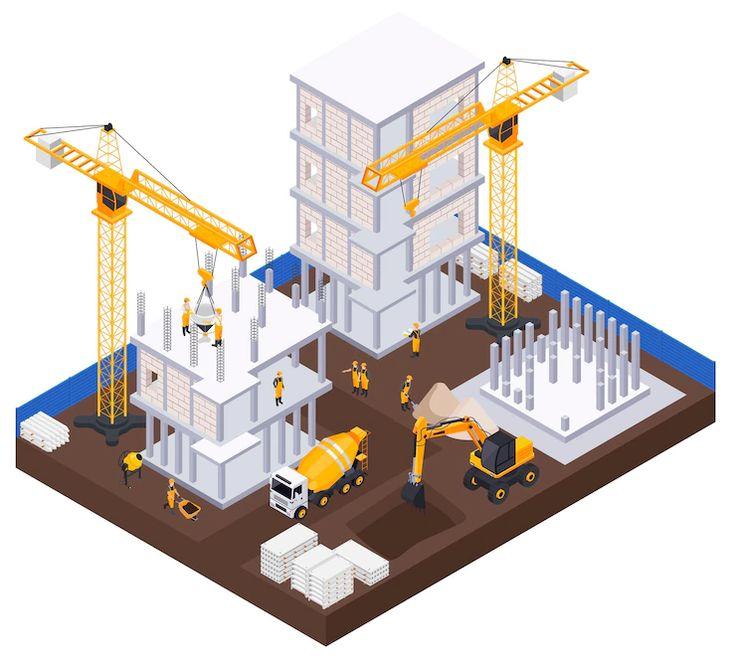Construction

The Construction Industry: Building a Foundation for Growth
The construction industry is a vital engine of economic development, driving both urban expansion and the evolution of existing infrastructure. It encompasses the planning, development, renovation, and improvement of real estate, playing a crucial role in shaping our communities. This dynamic sector can be broadly categorized into three key areas:
- Heavy and Civil Engineering: Focusing on large-scale infrastructure projects such as bridges, roads, and other essential public works.
- General Construction: Encompassing the development of residential, commercial, and industrial properties.
- Specialty Trades: Addressing specialized aspects of construction, including electrical, plumbing, carpentry, and other essential services.
While individual contractors typically specialize within one of these categories, the industry as a whole is interconnected and complex. It involves a diverse range of stakeholders, from clients and contractors to suppliers, financial institutions, and public authorities. This collaborative ecosystem is essential for successful project delivery.
The construction industry is particularly critical in developing economies, where rapid urbanization and infrastructure development are key drivers of growth. As populations shift towards urban centers, the demand for housing, commercial spaces, and supporting infrastructure continues to rise. This sustained demand positions the construction sector as a cornerstone of economic progress.
However, the industry faces inherent challenges, including complex project management, diverse stakeholder interests, and susceptibility to economic fluctuations. Effective planning, risk management, and collaboration are essential for navigating these complexities and ensuring project success. The industry's impact on employment, investment, and national economic development underscores the importance of fostering a sustainable and thriving construction sector. Odootec understands these complexities and provides solutions to streamline operations and drive efficiency in this vital industry.